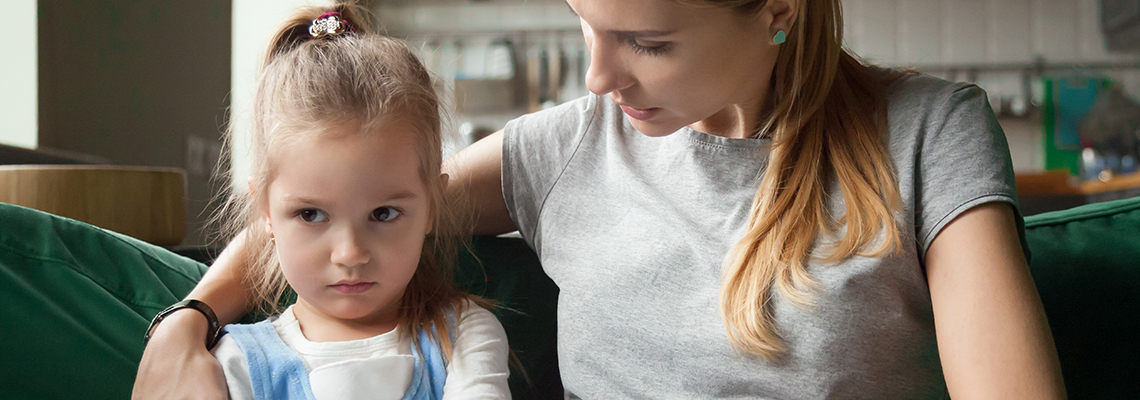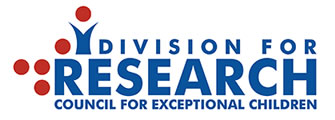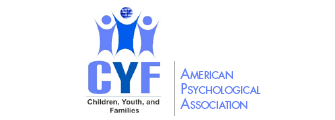
Disciplining children is one of parents’ most important – and difficult – jobs. It is often easy for parents to lose sight of the fact that the goal of discipline is teaching children right from wrong; indeed, the word “discipline” comes from the Latin word disciplina which means “instruction”.
An important thing to know about discipline is that there is no technique that works every time, for every child, and in every situation. Effective discipline requires adapting to the age and temperament of the child, their behavior, and the circumstance. Experts recommend that parents use positive discipline as much as possible. What follows are some general principles of positive discipline that can help parents decide how to react to their children’s misbehaviors.
Praise good behavior
It seems counterintuitive to involve discipline when a child is doing everything right, but parents need to “reward” children with praise, hugs, or even a smile to show that they appreciate what their children are doing. Just think about how it feels as an adult to be praised for doing a good job—praise helps us to feel proud of our choices and abilities, and makes it more likely that we will engage in the praised behavior again. Children thrive on attention from their caregivers; it thus should be no surprise that children who only get attention (i.e., discipline) when they misbehave will act out so that they get at least some negative attention from adults. If instead we praise children and give them positive attention when they behave in ways that we like, we make it much more likely that children will repeat those behaviors.
Tell children what behavior you expect ahead of time
Children are constantly being introduced to new people and situations. If we leave it to them to figure out how to behave, they may misjudge the situation, and, for example, think that it is OK to speak loudly in a movie theater or to push a child off a see-saw when they want a turn. Instead, parents can tell children what behavior they expect before they get to that situation. A research study found that children had fewer meltdowns in a grocery store if parents told their children how they expected them to behave before they entered the store. Preparing children ahead of time, especially for new situations, helps them know what is expected and can avoid the need for discipline for inappropriate behaviors.
Frame instructions as “dos” rather than “don’ts”
Discipline is successful when children have learned what to do in a particular situation. Just telling them what-not-to-do is not enough. An easy way to make sure we are giving children directions is to frame our instructions as “do” statements rather than as “don’t” statements. For example, rather than saying, “Don’t grab your sister’s toy”, if we say “Please ask your sister if you can have a turn with her toy”, we have given that child a new and more successful way of approaching that situation.
View misbehaviors as ‘mistakes’
Children sometimes make choices that are less than ideal. We again need to remember that children are still learning how to behave and sometimes make mistakes—they do not mean for bad things to happen but make the choice because they are unable to anticipate long-term negative consequences. Children are very rarely doing something just to make us mad. If we frame children’s choices as “mistakes” rather than “misbehaviors,” that can help us take the perspective of children and think about why they made that choice. Positive discipline involves helping children understand what other choices they could have made and why other choices would be better in the future.
Don’t sweat the small stuff
Does it really matter if a child’s socks are mismatched? Or if they brush their teeth before putting on their pajamas? Parents can avoid a lot of confrontations if they let go of things that really do not matter in the long run. The side benefit of not sweating the small stuff is that it allows children to try out making choices when the stakes are low; discipline is all about helping children learn how to make good choices. Parents–pick your battles!
Avoid punishments, and especially spanking
When they think of “discipline,” many parents think “punishment.” Although punishments tell children what behavior was wrong, they do not tell children why that behavior was wrong or what to do instead. A common form of punishment – spanking – is particularly harmful because it teaches the inadvertent lesson that people can use physical force to get people to behave the way they want. It also teaches children to behave when parents are around, in order to avoid being hit, but does not teach them why they should behave appropriately when parents are not there. In addition, hundreds of research studies have found that spanking increases the risk of behavioral and mental health problems. Spanking is not effective, is potentially harmful, and teaches children the wrong lessons.
Spend “time in” with your children
Parents will be most successful in disciplining their children if they have close and warm relationships with them. As adults, we are much more likely to do an onerous task if asked by a kind and understanding boss than by a mean and demanding boss. Not surprisingly, children are the same. If we take the time to build a positive relationship with our children, we can draw on that “bank” of good feeling when we need to, such as when we do need to correct them for a misbehavior. Reading to children at bedtime or talking with them about their day in the car are small ways that parents can spend “time in” with their children to strengthen the bond between them.
Resources
American Psychological Association. (2019). Resolution on physical discipline of children by parents. Retrieved from: https://www.apa.org/about/policy/physical-discipline.pdf
American Academy of Pediatrics. (2018). Effective discipline to raise healthy children. Retrieved from: https://pediatrics.aappublications.org/content/142/6/e20183112
Proper citation link for this blog post:Gershoff, E. T. (April 15, 2019). Discipline shouldn’t be punishing—for the child or the parent. Retrieved from https://infoaboutkids.org/blog/discipline-shouldnt-be-punishing-for-the-child-or-the-parent.
















